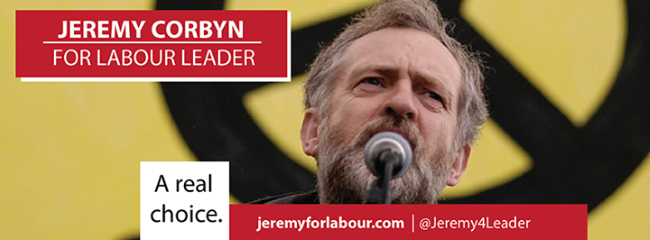It was my first experience of conference as a delegate. Since I rebooted my membership of the Labour Party, I have been arguing for a member led policy making process so it was important to be able to see the pinnacle of the members expression of voice at first hand.
This year was unusual in that on the Saturday, the Special Conference to announce the results of the Leadership election was held. Corbyn won with an increased mandate despite the appalling campaign run against him and the bending of the rules.
As a delegate, one is very busy but often to little effect. Conference remains very stage managed. The rules give primacy of policy initiation to the National Policy Forum, which presents a 250 page report on the proposed programme. This has not met since it was elected last year, so not sure where the NPF report came from, but it’s structures govern the political agenda of Conference, it’s broken into sessions mirroring the policy commissions of the NPF. Motions are submitted but must be “Contemporary” which means pertaining to an event after the publication of the NPF Report, which was mid-August this year. The Conference Arrangements Committee determines if the motions are genuinely “contemporary” and for instance this year ruled that motions on the economy/austerity weren’t contemporary since we had an Economy in July. The CAC also groups the motions into topics. The topics are then voted on by conference in two classes, the Trade Unions and Socialist Societies and the CLPs representing the individual membership. For each of these classes, the top four topics are selected for debate and all organisations submitting motions invited to a meeting to see if agreement on the words can be reached which is a further opportunity for the Leadership to ensure that uncomfortable policies do not reach the floor of conference; it seems a serious mistake was made by the team working on “Employment Rights” as the words on requiring a popular mandate once the terms of Brexit are known obviously got through by accident.
In the Education composite, we were badly stitched up, partly through inexperience. The front bench and CAC brought a form of words which contained four of ours. The front bench believe that they can add to the 22 parliamentary victories from the last term and defeat the Tories on Grammar Schools in parliament; it they believe that if LP conference condemned academies, demanded a return to local democratic control and called on councils to oppose further academisation that this would weaken the parliamentary struggle, or maybe the otherwise impressive Angela Rayner hadn’t covered these issues in the speech she had written. The final motion put to conference had five words from ours and focused exclusively on opposing Grammar Schools, the speech was considered a great success. We should submit our motion to the NPF at their site, it should be signed by the Constituency.
It is my view that the rules and standing orders are there to ensure that the will of the meeting is expressed; they shouldn’t be seen as weapons in a winning or losing contest. It seems this is not a view shared by many of the people acting as Chairs of both Conference and the compositing meetings. In too many cases, the Chair moved to votes on the original proposal without allowing votes and in some cases debate on amendments moved. In one case, the Conference Chair failed to ask for votes against and had to be corrected by the Compliance Unit staff member on the platform. Properly conducted debates and votes heal division, this sort of manipulation does not. What would Citrine say?
The energy debate was interesting; it was written by the Unions, and opposed from the floor for being insufficiently green and too orientated around fossil fuel industries but we can all agree we don’t like fracking.
Card Votes aren’t, each delegate gets a fraction of the organisation’s card vote and thus if mandates are unclear, the votes may council each other out. In our case, we had four delegates, two left, two right and thus most of the card votes will be a net of zero.
I went to the Liberty Fringe meeting, I raised the issue of the Investigatory Powers Act, not much interest.
Delegates had blue badges, the platform and other ex-officio members had red ones and member visitors had orange and yellow badges. On the last day, it was clear that many of the moderates had gone home. The staff cleared the conference hall between the morning sessions and then let people come in, once the delegates and ex-officio seat holders were in, all the hall seats including “balcony” seats were given to the previously excluded member visitors. The atmosphere in the morning had been much better than Tuesday, which was terrible, but the massive number of orange badge holders in the room to listen to Jeremy’s speech can only auger well for 2017, when they come back with blue badges. …







